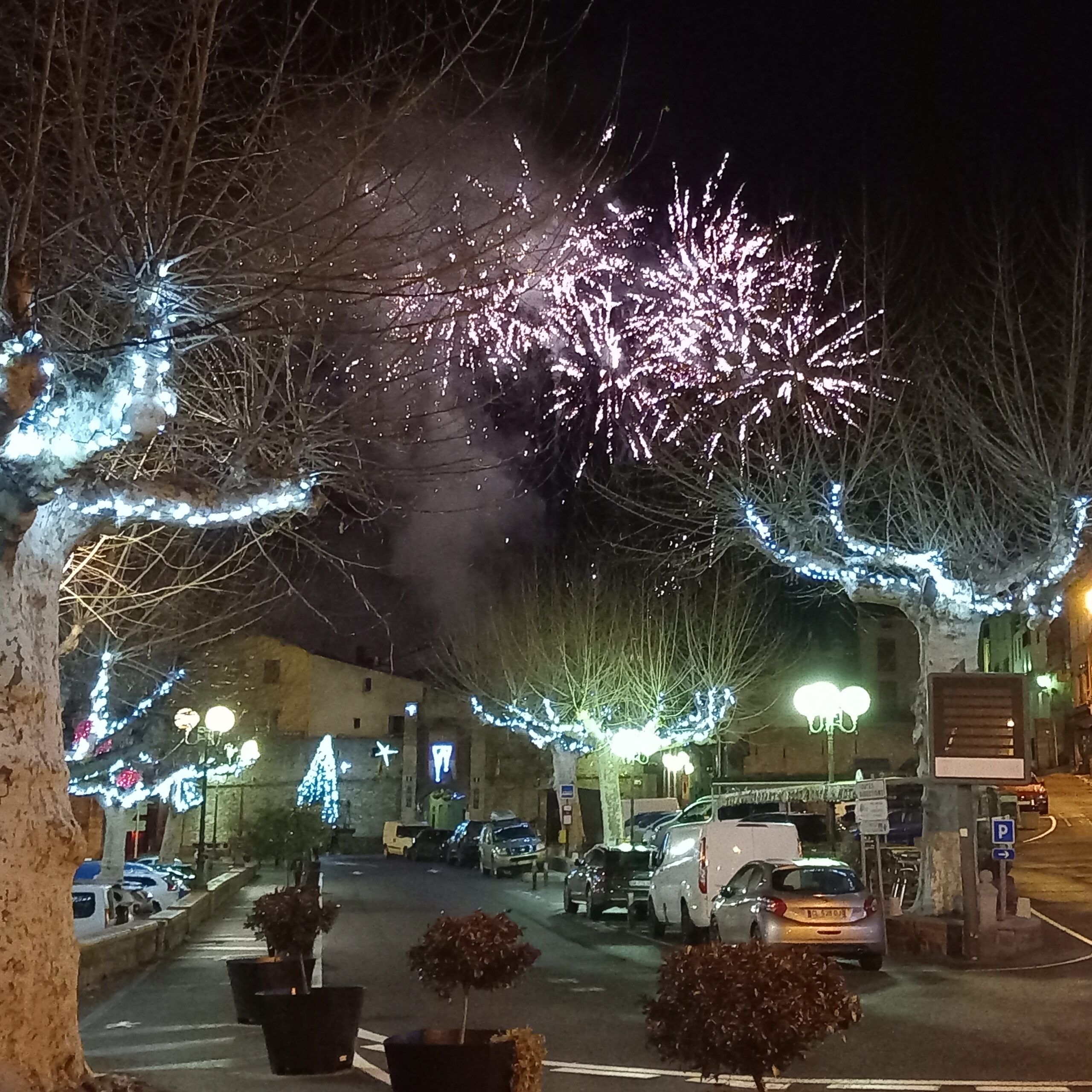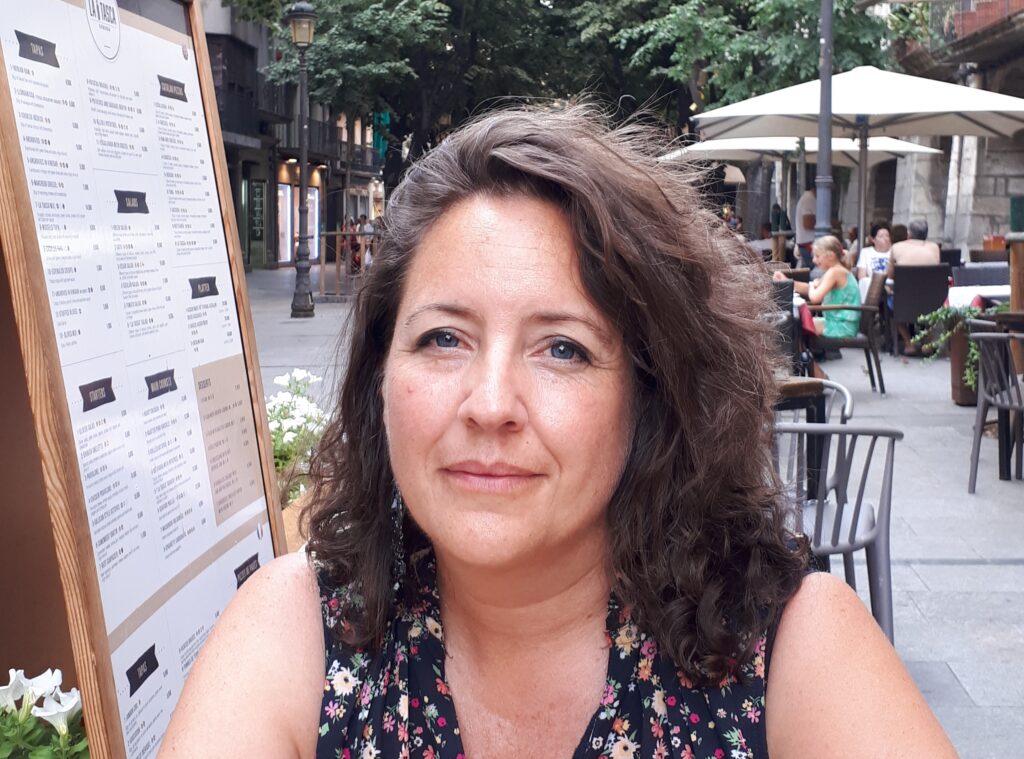Orientation
Background
We have lived for nearly twenty years here in France, and finally our middle child is on his path towards a life in one of the universities in France. Our oldest child is already thinking of his second year options at university, and what choices are available to him after a gruelling “concours” year. But how did we get to this point?
UK or France?
A year ago we had to make the decision for our first child as to whether he would go to an institute of higher education in France or abroad. Being bilingual and with dual-nationality, and still having family in the UK, he did have the option of going to the UK to study. He also had the option to go anywhere in Europe to study if he so wished! However, as many of you who have children already know, your child often prefers to stay close to their friendship group. Being a couple of teachers ourselves, namely for Maths and English, we also knew that although he was an excellent student, he didn’t have the subject vocabulary of Maths nor the experience of writing essays or dissertations in English, which would have been a disadvantage in his first year of study. The obvious choice therefore was France. Not only that, apart from a one-off fee of around 200€, public-funded higher education including universities are free. Yes, free. (Obviously you have to pay for accommodation and food.) However, if you get a “bourse” (bursary) from the Government, the accommodation costs are minimal and the food costs can be as low as 1€ for a three-course meal! A year later, I have to say that although at the time we were positive that the decision was the right one, we have been blown away by the experience he is having, even though his situation is a very complicated one. More on that in a later article.
So how do you get into a higher education institution in France?
Teenagers have to complete a work experience placement (“stage”), take their Baccalauréat (bac) exams and go through the dreaded “Parcoursup”. Dreaded, as it is a fairly new system in France, however it is one that is very similar to UCAS in the UK.

“Stages”
“Stages” (work experience placements) are the first tentative steps towards a future beyond lycée. They are the first experience your child has of the working world at 3ème (around Year 10 if you are from the UK). It is a week where your child can choose to observe a profession, take notes and perhaps perform small tasks with the aim of creating a written report and maybe even choosing this as their theme to prepare for a presentation for the Brevet exam, which is taken at the end of Year 10.
Stages though, it has to be emphasised, are not just focused in the 3ème. There are also workplace experiences if your child follows the “professional” thread of the Bac. They can also have work experience placements as many times as they like during weekends or in the holidays to get experience in other industries and broaden their horizons of the professional world. These can be invaluable, and are also brilliant for writing down on the Parcoursup form that we will talk about later. On discussion with the administration of your lycée, you can easily access the forms needed for these extra stages.
The Baccalauréat (Bac)
Briefly, there are three types of Bac. These include:
Baccalauréat général (general Baccalaureate)
Baccalauréat technologique (technological Baccalaureate)
Baccalauréat professionnel (professional Baccalaureate)
The general baccalaureate has three different routes including literature, science or economics and social sciences. It is generally the path taken if a student is thinking of going to university.
The technological baccalaureate has eight different routes including STHR (Hospitality Industry and Business), S2TMD (Science and Technologies of Theatre, Music and Dance), STD2A (Sciences and Technologies of Design and Applied Art), ST2S (Sciences and Technologies of Healthcare), STL (Science and Technologies of the Laboratory), STAV (Science and Technologies of Agronomy and Living Organisms), STMG (Sciences and Technologies of Management), STI2D (Sciences and Technologies of Industry and Sustainable Development).
The professional baccalaureate includes nearly a hundred specialities from commerce, healthcare, engineering to even patisserie chef.
“Ateliers”
Ateliers or workshops at lycée enable teens to discover information about themselves that can help them orientate towards professions they might be interested in. The lycée will organise visitors to come in and give talks about their jobs, or university students to come in and talk about their first year at university. Last year there were engineering students from ISEA and medical students from the University of Toulouse, Paul Sabatier amongst others. There was even the opportunity to meet a data scientist from NASA! These ateliers will also allow the students to access information online, give them information pamphlets and also enable them to access professionals that can guide them through the process of thinking about their future and what realistic options are available to them with regard to their subjects, marks and interests.
A day in the life of a university student
“Terminal” is the final year at lycée, and you start to get a feel of what direction your child might be learning to. Just before Christmas there is the possibility to integrate for a day into certain courses at specific universities. For example in University of Toulouse, Paul Sabatier, organised days or Wednesday afternoons where your child could follow a student including lectures, eat at student canteens and other activities, to get a feel of what exactly they would be letting themselves in for. They would be taken to the accommodation and the library, and look through the notes of other students for the day. It could just as simply be a visit to the campus. There were just a few subjects on offer, but an excellent experience for a student who has never encountered university life.
We are at the stage of investigating courses, open days and publicity of universities. Already my son has been to the conferences that have been held all over France, the “Infosup” conferences that are generally held over two days. The previous year everything was held online, and there are still the vestiges of the open days and conferences on YouTube if you know where to look. If you are not clear about how university or higher education works in France, this is the place to go. It gives you information on the types of campuses, the variety of study options available, and also gives you the opportunity to take part in conferences or talk to real people on the ground. If you have already done a bit of research beforehand (as my son had), you can focus your day or afternoon and go directly to the stands or the people from whom you want more information on the courses in which you are interested, and ask them more direct questions such as entry criteria, food, accommodation or any other theme on which you are not clear. My son went with a few coach loads of other students from his lycée, and found it extremely helpful and came back (as you do), with a bunch of leaflets to look over in his free time. As we are based near Toulouse, there were a few focus points at the conference, compared to perhaps in other regions of France. There were the usual ones such as agriculture and information technology, but also engineering and medicine. Toulouse is the place to go for engineering, and uniquely the aerospace industry. There were also stands giving information on the “prépas” which we will look at later on, something quite different to what you find in the UK.
Open Days
This month, universities across the country will be opening their doors to prospective students to show them around their campuses, create amazing displays of information, and will be enabling the students to participate in lectures or demonstrations.
This is the day that the university of your choice opens their doors, and you are able to experience the accommodation first-hand, and either despair at the cramped quarters or marvel at the space and modernity of the apartments. If you get an apartment through CROUS (for “boursiers”) the rent is massively discounted, and it tends in our experience to be extremely well-placed in terms of the university for the students, providing all the facilities they might need such as laundrette services and even a manager at the door of the buildings if there are ever any problems. (Our first son is in a very modern 21m2 apartment just minutes from his lectures and restaurants, and a five minute brisk walk to the nearest metro.)
Last year’s Open Day I found it very difficult to get in all the things that we wanted to see or participate in. There is always another program or pamphlet about something and you have to be realistic about the things you want to do. The only negative comment I had about the open days is that last year my son wanted to see two universities in particular, but unfortunately they were held on the same day, even though they are the two closest to us. We ended up going to the other university on a different free weekend, and having a walk around the area, the accommodation blocks and the lecture theatres. There is nothing to stop people doing that, but obviously any lecturers or admin people are likely to be off for the weekend!
Personnel at the lycée
At the moment my middle son is starting to do small group activities at lycée, preparing him for applying for his university courses. There are orientation classes that have been taking place since he arrived in lycée two years ago, to ensure he has considered his options available to him in the future and guide him towards making the right choice. The professors are realistic and will dissuade students to continue with extra modules or ambitious choices, if they feel the student is not up to the challenge, or will just not be able to get in due to their grades. The professors and the orientation personnel are always available for a chat if you get an appointment, and they have a clear idea of what you need to talk about. If you feel that your French is not up to it you can always ask a friend to come along and help you translate. These people are there to help your child and let them succeed in the best way possible. They also put recommendations onto your child’s academic record that get seen by the personnel in the institutions to which your child is applying to.
Letters of motivation and interests
At the moment, my son is creating his general letter of motivation which will be adapted for each university application. He is also creating (for the first time) a CV and including in it all his areas of interest, and the achievements he has accumulated over his years in college and lycée. A harrowing time as a parent, as it is those first steps towards his oncoming independence and new life. As with any other country, the activities your child has been doing over several years helps their application to a higher institute of education. If you have been a keen horse-rider and have taken part in competitions then this will be a “brownie point” if you are applying to be a vet or if you have been helping out on the family farm for years and show prize bulls then this could be the difference between getting into a good agricultural college or not. The “stages” (work experience) will also be important. As my first son found out, he had to quickly fit in two extra work experience weeks last which you can do during the winter break. That was because when he was in “troisième”, he wanted to work with cars and had completed a week’s work experience in a mechanic’s workshop. However two years later, he wanted to have a go at the “concours” for medicine. As he didn’t have any relevant work experience to put into his university application, he managed to secure two extra work experiences in a local pharmacy and at a vet. Last minute, but it probably made all the difference!
Collège: 10/11yrs(en sixième)-14/15yrs(en troisième)
3ième: Yr 10 (UK)
stage: work experience placement
Brevet: end of college exams
Bac: end of secondary school education (lycée) exams
Lycée: 15yrs-18 yrs (seconde, première et terminale)
Collège or Lycée privé: fee paying (not expensive though generally), can be single sex and have a religious affiliation. (Around 20% of children attend)
Collège or Lycée publique free, co-ed and secular (More popular, around 80% of children attend)
useful website: https://www.expatica.com/fr/education/children-education/french-education-system-101147/
MidLife Crisis In France
COPYRIGHT Ⓒ 2023












